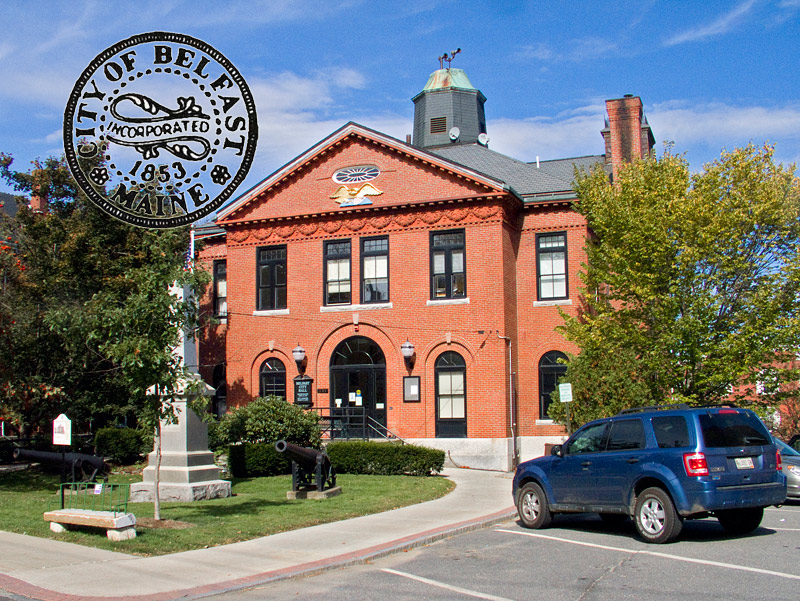BELFAST - For over 20 years, the city has kept enough money in reserve to pay salaries, bills and other expenses during the gap between the end of the fiscal year and the arrival of the first tax receipts in October. But this year City Manager Joe Slocum said the margins may be tight enough to warrant taking a loan.
The City Council recently approved taking a tax anticipation note (commonly known as a TAN), and on Sept. 16 is expected to review bids from banks. The amount would be up to $4 million, but Slocum said the financial implications for the city in the long run would likely be minimal.
“The interest rate would be less than 1 percent because we would pay it back within the fiscal year,” he said.
The TAN would act as a line of credit, against which the city could borrow up to the $4 million, including any smaller amount.
“If I only need 500 bucks, that’s all I’m going to borrow,” Slocum said.
The use of tax anticipation notes by municipalities is common according to Maine Municipal Association. The loans may coincide with a big project or simply be used to cover operating costs. The latter was the case the last time Belfast borrowed money in1992, according City Treasurer Rickie LeSan, who said the surplus was relatively small then.
Today she said, the total surplus — often referred to as “undesignated funds” because the money is not socked away but used to pay expenses and replenished regularly — is around $2 million.
From July 1 into October, that money has to cover not only city expenses, but payments to county government and the school district, which account for roughly 10 and 60 percent of property tax bills, respectively. LeSan noted that payments to Regional School Unit 20 are around $813,000 a month.
“So, $2 million doesn’t get you very far,” she said.
Not long ago, the city had more than $4 million in undesignated funds, but the reserves were drawn down between 2010 and 2012 to offset increases in the local share of the RSU 20 budget.
Up front payments on large grant-funded project have also pinched the city’s cash flow, according to Slocum.
“We definitely have received more grants in the last three years than in the three years before that, and you do have to front that money and chase it down later,” he said.
Slocum projected that by mid-January the city will have to shell out $400,000 in engineering fees for the planned reconstruction of Front Street. In a related expense, the city has agreed to buy a property on the corner of Front and Bridge Streets for $285,000.
The Front Street project is backed by a $1.9 million grant, so the city will be reimbursed eventually. But in the meantime, the city will have to front the money.
“This year, we think it’s a little tighter,” he said. “Do we know that we’ll borrow this year? I suspect we probably will.”
Slocum noted that the lean budgets of the past few years have haven’t lent themselves to rebuilding the surplus, which either accrues unintentionally because money is left at the end of the fiscal year, or through a conscious “overlay” — up to 5-percent, by law — added to the budget.
Slocum said he expects to know by October 15 if he needs to go ahead and borrow against a tax anticipation note.
“We’re watching it day by day,” he said. “Were trying to hold off on paying bills that we can, and hold off on any discretionary spending until taxes start coming in in October.”
What does it mean if the city borrows money? Slocum said in real terms it will cost “a few thousand” in legal fees in addition to interest. Beyond that, he said, philosophies differ.
“Some people are proud to never have to use [a tax anticipation note],” he said, “[They] say, ‘you don’t know what’s going to happen, so you should have a suplus in case some unforeseen expense comes along. But there are a lot of people who feel that if you have extra money, it should be in the taxpayers hands.”
Ethan Andrews can be reached at news@penbaypilot.com



























